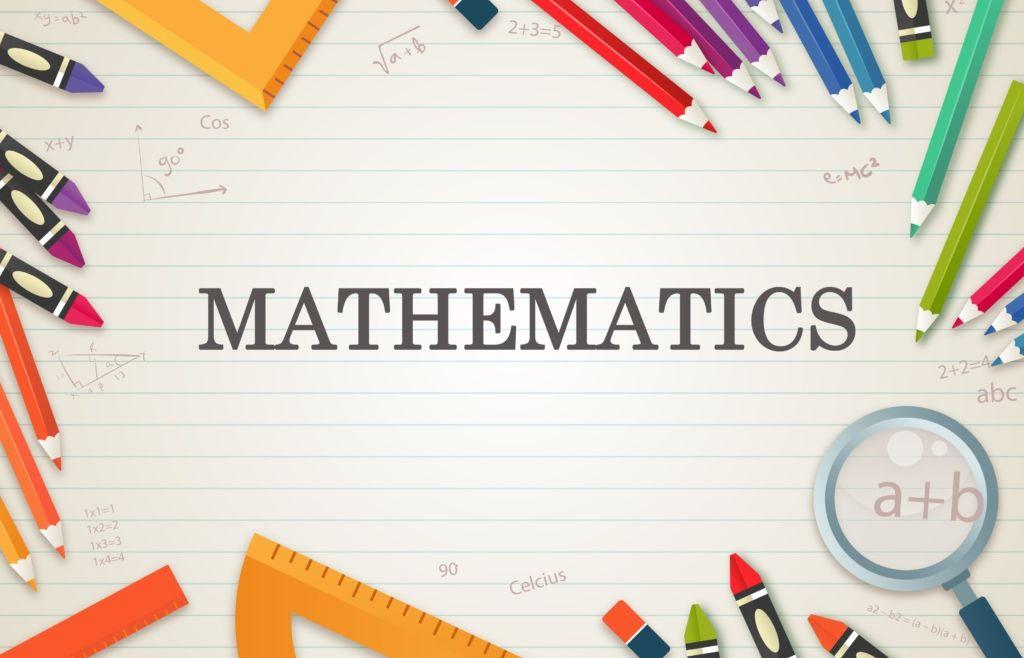Many children in Singapore find math hard. Some feel scared. Some feel bored. Some missed key steps. Good news. With the right help, your child can change this story. At the Wizard School of Math, we call it Math-gic. Math-gic means making math fun and easy, like magic, with real results.
Why Children Struggle With Math
- Gaps in basics. Place value, times tables, or fractions are not firm yet.
- Fast pace. New topics arrive before old ones feel safe.
- Fear of mistakes. Children stop trying when they worry about being wrong.
- No clear plan. They study hard but do not know what to fix first.
- Low joy. Without fun, practice feels heavy and slow.
The Wizard School Approach (Simple and Proven)
We mix joy with structure. We use a light magical theme to spark interest. We match it with strong teaching that follows the MOE syllabus. Your child becomes a Math Wizard. A Math Wizard is a student who learns tools, uses them with confidence, and grows step by step.
- Wand of Confidence. We start with small wins to build belief.
- Potion of Practice. Short daily practice, focused on one skill at a time.
- Spell Book. Clear methods for common question types, written in simple steps.
- Crystal of Feedback. Fast, kind feedback so your child knows what to fix.
Magic words are fun, but we explain them clearly. Your child always knows the real math skill behind each “spell.”
A Simple Plan Parents Can Use at Home
- Make a calm space. Keep it quiet. Keep it short. Twenty focused minutes is fine.
- Pick one skill. For example, fractions of a whole. Do five quick questions.
- Show one method. Use a simple set of steps. Ask your child to teach it back.
- Track tiny wins. Note one thing your child did better today.
- End with a game. A quick puzzle keeps the mood light and hopeful.
Primary Students (PSLE Path)
Young learners need easy fun lessons. We keep steps short. We add drawings and simple words. We use games to rehearse facts. We practice exam language so PSLE wording feels friendly. We build test habits like checking units, underlining key words, and showing full working. Confidence grows when children see results fast.
- Foundational Spells. Place value, number bonds, and times tables.
- Picture First. Bar models and number lines before formal steps.
- One New Thing. One skill per session so focus stays strong.
- Gentle Reviews. Quick quizzes to keep old skills fresh.
Secondary Students (O-Level Focus)
Teens want quick wins and clear reasons. We give both. We turn key formulas into simple “spells” with when-to-use tips. We teach error logs. An error log is a list of mistakes with a fix plan. This turns every miss into progress. Time plans help students balance school, CCA, and rest. The aim is steady growth without burnout.
- Formula Spells. What it is, when to use, and a short example.
- Error Logs. Write the error, the fix, and a reminder line.
- Question Types. Spot patterns in algebra, graphs, and geometry.
- Timed Rounds. Short drills build speed and calm under pressure.
Junior College Students (A-Level Readiness)
Older students need precise methods and independence. We focus on planning, proof ideas, and clean working. We break tough questions into parts. We teach how to pick the right path fast. We use past papers to build judgment. Confidence grows as students see they can handle depth, not just memory.
- Structured Thinking. Define, plan, solve, and check.
- Method Maps. Choose between techniques with a short decision tree.
- Reflection. After each paper, review and set one improvement goal.
- Exam Stamina. Train focus with realistic timed practice.
How We Measure Real Progress
- Baseline and checkpoints. Start level, mid review, and final review.
- Skill tracker. Green for mastered, yellow for practice, red for teach again.
- Clear targets. For example, improve algebra manipulation by two grade bands.
- Parent updates. Short notes in simple English. What improved, what is next.
Making Math Joyful Without Losing Serious Results
Fun helps the brain learn. But fun must serve learning. Our magical theme keeps children curious. Our teaching keeps them on track. We limit metaphors to support focus. We speak in plain words. We always link a “spell” to a real math rule or step. This balance makes effort feel lighter and results last longer.
Try a Gentle Start
If your child feels stuck, start small. Try one short session. Celebrate one win. See how mood changes when math feels safe. When your child believes, progress speeds up. If you want a structured path with simple teaching and a little spark of wonder, explore our guide to math tuition Singapore.
Quick Tips You Can Use Today
- Use plain steps. Short sentences beat big words.
- Ask your child to explain one idea back to you.
- Pick one skill per day to reduce overload.
- Show how to check work. Build a simple three-point checklist.
- End on success. The last question should be one they can do well.
Final Word for Parents
Math struggles do not define your child. With care, clear steps, and steady practice, they can grow fast. A little magic helps them smile again. Strong methods keep the gains. Together, we can turn stress into success and help your child become a confident Math Wizard.
Find more information here:
https://www.facebook.com/odysseymathtuition/
https://www.instagram.com/odysseymathlearning/
https://www.youtube.com/@odysseymathtuition
https://www.tiktok.com/@odysseymath
https://maps.app.goo.gl/TFouGX1y2B5RQi5j7
